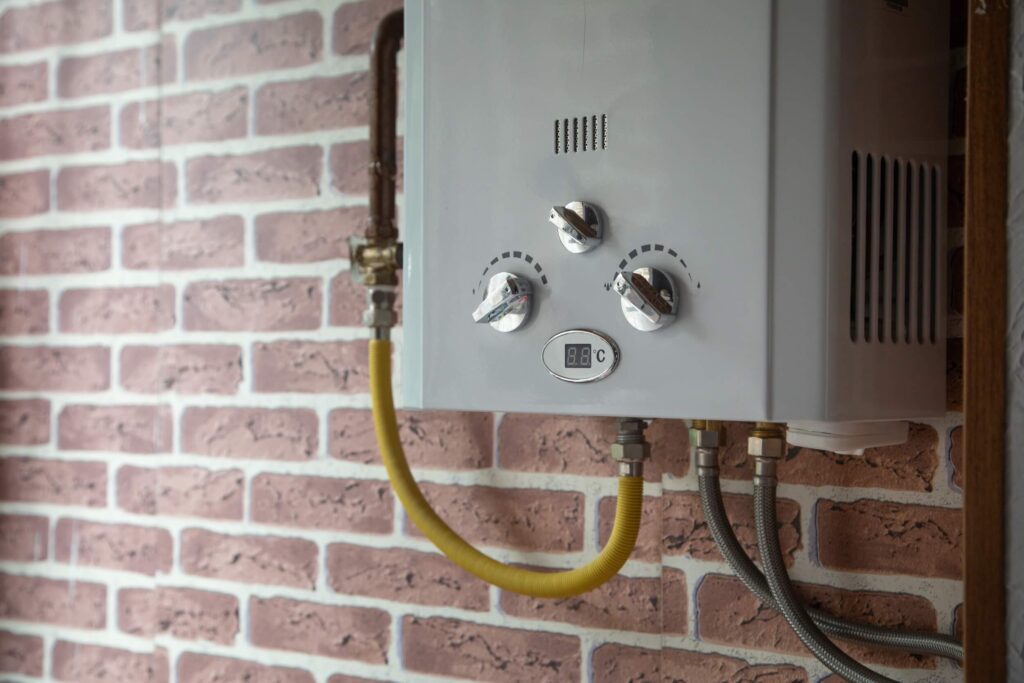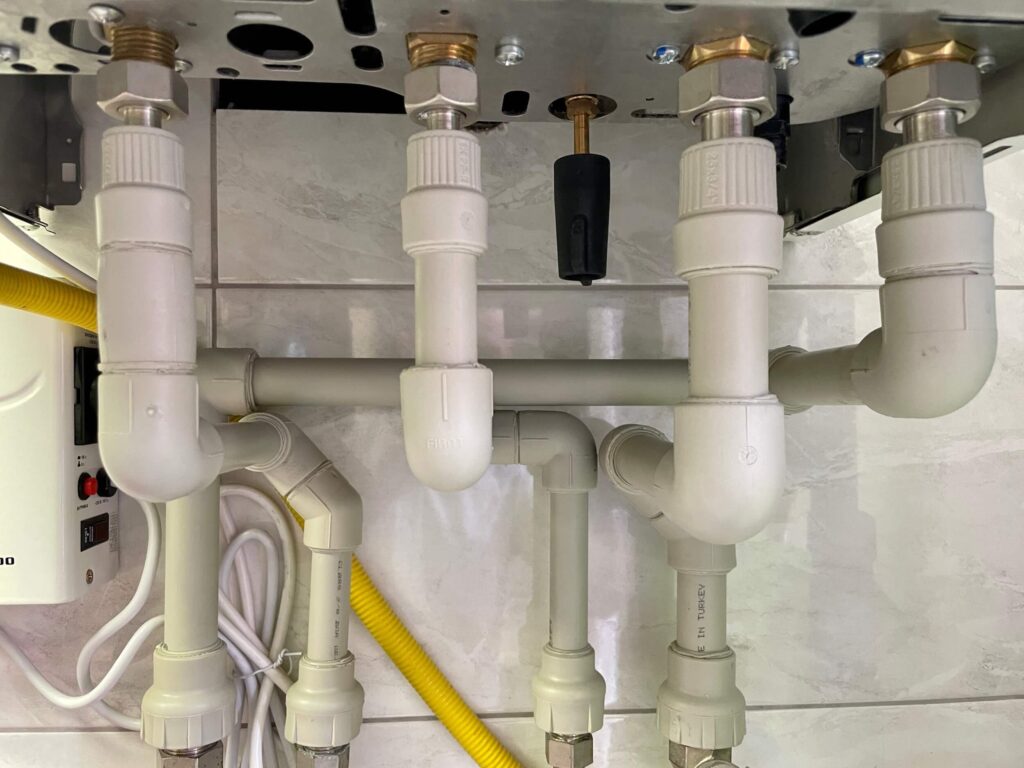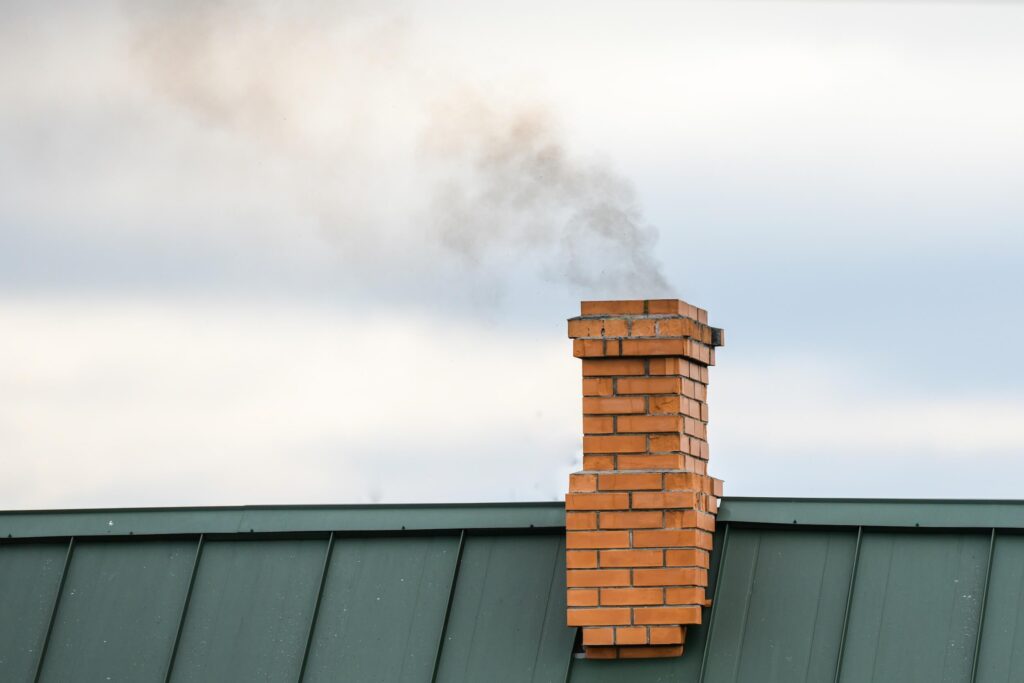Choosing between a heat pump and a furnace is a common dilemma for homeowners seeking reliable and efficient heating. A heat pump is typically more energy-efficient in mild climates, while a gas furnace offers stronger performance in colder regions and often has a longer lifespan. The right choice depends on factors like energy costs, climate, installation price, and long-term maintenance needs.
Heat pumps operate by transferring heat rather than creating it, which generally leads to lower energy use in areas with moderate winters. Furnaces, on the other hand, produce heat directly and maintain warmth effectively even during very low temperatures, making them preferable for harsher climates. Understanding how each system works and their advantages in different environments is crucial for making an informed decision about your home’s comfort and energy expenses.
For anyone weighing the options of installation costs, environmental impact, and energy savings, this comparison can help reveal which system fits your specific needs. Homeowners should also consider factors like home size and fuel availability when deciding between a heat pump and a furnace.
How Heat Pumps and Furnaces Work
When looking at the benefits of heat pumps over furnaces, it’s important to note that home heating systems rely on different methods to deliver warmth. The way they operate also affects energy efficiency, maintenance needs, and the type of heat produced.
Heat Pump Operation
A heat pump moves heat rather than generating it directly. In heating mode, it uses electricity and refrigerant to extract warmth from the outdoor air, even in cold conditions, and transfers that heat indoors. Because it transfers existing heat, a heat pump can be up to three times more efficient than a typical gas furnace under many conditions. This leads to lower energy costs in moderate climates.
Unlike furnaces, heat pumps push air that is more naturally humid, which can prevent indoor air from becoming dry during winter. Modern models work well down to near-freezing temperatures, though extreme cold can affect performance. Maintenance focuses on keeping filters, coils, and outdoor units clear, which Service Air Eastern Shore handles in regular service visits.
Heat pumps can also reverse operation in summer, acting as air conditioners. This versatility provides year-round climate control and reduces the need for separate heating and cooling systems. For installation, repair, or upkeep, HVAC professionals who specialize in heat pumps, like Service Air Eastern Shore, recommend regular checkups to ensure high efficiency.
Furnace Operation
Furnaces generate heat by burning fuel—most commonly natural gas, propane, or oil—or by using electric resistance coils. The heat created in the combustion chamber or coils is transferred to air, which is then blown through ducts into the living spaces. This method delivers quick, powerful heating, reliably warming the home even in severe cold.
Furnaces tend to produce hotter, drier air compared to heat pumps, which some homeowners may notice in winter. Although older furnaces may have lower efficiency, modern high-efficiency models with advanced blowers and heat exchangers can significantly reduce energy consumption.
Routine maintenance involves cleaning or replacing filters, checking burners and sensors, and verifying safe fuel flow or electrical connections. Service Air Eastern Shore offers specialized furnace services for both installation and ongoing maintenance. Our expertise ensures that systems are safe, effective, and perform optimally throughout the heating season.
Heat Pump vs Furnace Pros and Cons

Heat pumps and furnaces offer distinct approaches to home heating. Each system delivers unique benefits regarding energy efficiency, performance in various climates, and seasonal flexibility.
Heat Pump Efficiency vs Furnace
Heat pumps typically use less energy than furnaces by moving heat instead of generating it. This method often makes heat pumps up to three times more efficient than various gas furnaces, directly impacting lower utility bills and reduced carbon emissions.
Because heat pumps rely on electricity and not direct combustion, they are considered more environmentally friendly. This is especially true in regions with clean electricity sources. By contrast, furnaces—especially those running on natural gas—emit greenhouse gases during operation.
For homeowners prioritizing sustainability and long-term savings, the energy efficiency of heat pumps is a clear advantage. Gas furnaces may still appeal in areas with low natural gas prices, but their higher emissions are a trade-off.
Heating Performance and Climate Suitability
In moderate to mild climates, heat pumps maintain steady heating without losing efficiency. Their performance can decline in very cold regions, capturing less heat from the outside air as temperatures drop.
Furnaces excel in colder climates, consistently providing strong heat output even during harsh winters. They are less dependent on outdoor temperatures for performance.
The choice may depend on location. Furnaces remain more reliable in places with extended freezing periods, while heat pumps suit milder zones, where winters are less severe.
Seasonal Versatility
A primary benefit of heat pumps over furnaces is their ability to handle both heating and cooling in a single unit. During warmer months, heat pumps reverse operation to provide air conditioning, making them a year-round solution.
Furnaces are dedicated solely to heating, requiring a separate system for cooling, such as a central air conditioner or ductless mini-split. This can mean higher upfront installation costs and more equipment to maintain..
Costs and Maintenance Considerations
Homeowners face different expenses and maintenance needs when choosing between a heat pump and a furnace. Comparing installation costs, regular upkeep, and long-term savings is key in selecting the right heating system.
Initial Installation and Setup
Heat pumps tend to cost more upfront than many furnaces. Installation for a heat pump usually ranges from $4,236 to $8,000, depending on the home’s size and the system’s complexity. Furnaces, on the other hand, average between $4,000 and $4,780, though high-efficiency or complex gas furnaces can push these costs higher.
Labor costs influence both systems. Technicians specializing in heat pump or furnace installation may charge more for complicated setups or when ductwork modifications are needed. Electrical upgrades for heat pumps can add to the final bill.
Heat pumps often require exterior and interior components, which can be more complex to install. Furnaces that use gas may need additional safety checks and venting infrastructure. Choosing a certified and experienced installer ensures proper setup and reduces the risk of future problems.
Long-Term Operating Costs
Over time, heat pumps are generally more energy efficient than furnaces, especially in moderate climates. They move heat rather than generate it, often using less electricity in the process.
Furnaces, especially those fueled by gas, may face fluctuating fuel costs. Electric furnaces tend to be less efficient compared to gas models or heat pumps but may have lower initial capital costs. Local utility rates and the insulation quality of a home heavily affect annual expenses.

Energy bills for homes with heat pumps are often lower, particularly when paired with a well-sealed building envelope. This makes heat pumps attractive in areas with milder winters. For very cold climates, auxiliary heating may be necessary and could increase heat pump operating costs.
Average annual operating costs can be estimated using a home’s energy use, local utility prices, and the efficiency ratings of each system.
Maintenance Requirements
Both systems benefit from routine professional care. Heat pumps typically need twice-yearly inspections, where a technician will check refrigerant levels, clean coils, and ensure moving components work correctly.
Furnaces require at least annual maintenance. This includes filter replacements, burner cleaning, and checks on heat exchangers or flue systems to prevent carbon monoxide leaks. Gas and oil furnaces may also need more specialized attention from licensed professionals.
Replacing air filters regularly can improve system efficiency for both options. Neglecting maintenance could shorten equipment lifespan, reduce efficiency, or lead to unexpected breakdowns. Service providers specializing in heat pump and furnace maintenance can help identify and address issues early.
Potential Savings
Long-term savings hinge on local energy prices, climate, system efficiency, and maintenance habits. Heat pumps can save significant amounts on heating and cooling over time, especially in mild or moderate climates where they operate at peak efficiency.
Rebates, tax credits, and local incentives may be available for heat pump installation, lowering upfront costs. High-efficiency furnaces can also offer savings, but fuel price volatility can limit predictability.
Well-maintained systems last longer and use less energy, boosting potential savings for both heat pumps and furnaces. Upgrading insulation and sealing ductwork maximizes these benefits.
Choosing the Right Heating System for Your Home
Selecting between a heat pump and a furnace depends on factors like home layout, local climate, and how homeowners use their spaces. Each system offers unique advantages and limitations that directly impact comfort, efficiency, and operating costs.
Home Design and Size Considerations
Home size and insulation levels play a major role when deciding between a heat pump and a furnace. Large homes with open layouts can benefit from the consistent air distribution of a modern furnace, particularly if an existing ductwork system is in place. Furnaces can make it easier to heat bigger or multiple-story homes evenly.
In contrast, heat pumps are effective for smaller or well-insulated homes since they transfer rather than create heat. Retrofitting a heat pump into an older or poorly insulated house may require additional investment in insulation and minor renovations. Mini-split heat pumps offer flexibility for renovations and additions without needing ductwork.
For new builds, integrating a heat pump system during construction can create cost and efficiency benefits. Detailed energy assessments can help determine if a single-stage, two-stage, or variable-speed system will match a home’s heating demands.
Climate and Regional Factors
Climate is one of the single most crucial factors for this decision. In areas with mild to moderate winters, heat pumps provide energy-efficient heating because they move heat from outside air—even in temperatures just above freezing. This high efficiency can lead to substantial utility savings in these climates.
In colder regions, traditional furnaces, especially gas or oil models, may be a more practical choice. They produce reliable heat output during extreme cold spells when air-source heat pumps can lose efficiency. However, modern cold-climate heat pumps have improved and can be viable in some northern locations.
Some homeowners opt for dual-fuel systems that combine both technologies for maximum comfort and energy savings as the weather changes.
Personal Preferences and Lifestyle
Homeowners who prioritize quiet operation and eco-friendliness often favor heat pumps. Heat pumps run without the combustion process of furnaces, reducing noise and carbon emissions. They also offer year-round utility by providing both heating and cooling.
Furnaces, especially high-efficiency models, remain popular for those who want rapid heating or have concerns about electric utility fluctuations. Those who frequently travel or need smart home integration may prefer programmable thermostats and remote access, features available on modern systems.
Budget also plays a part. Initial installation costs, ongoing maintenance, and available rebates can all sway the decision between a heat pump and a furnace.





